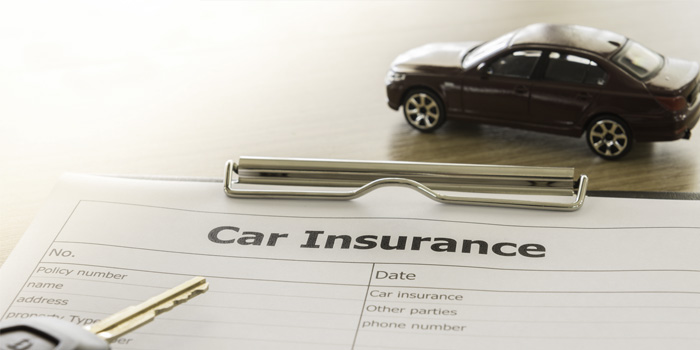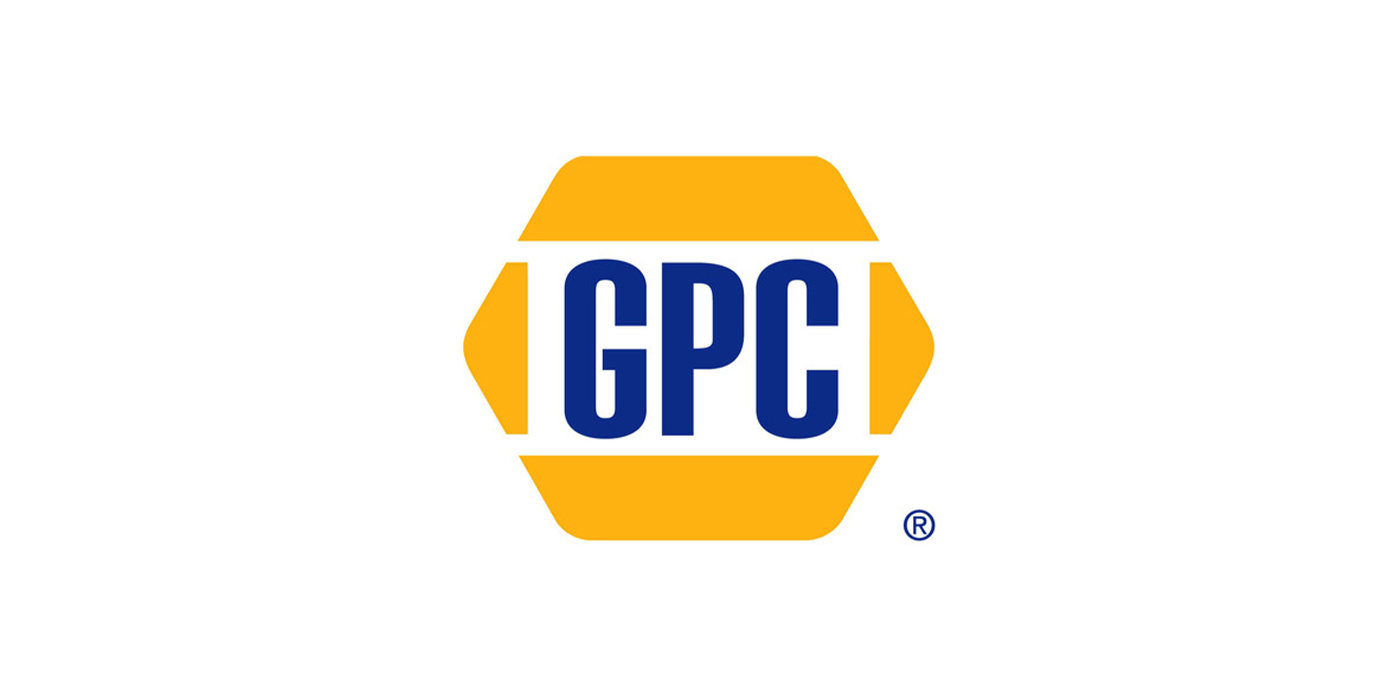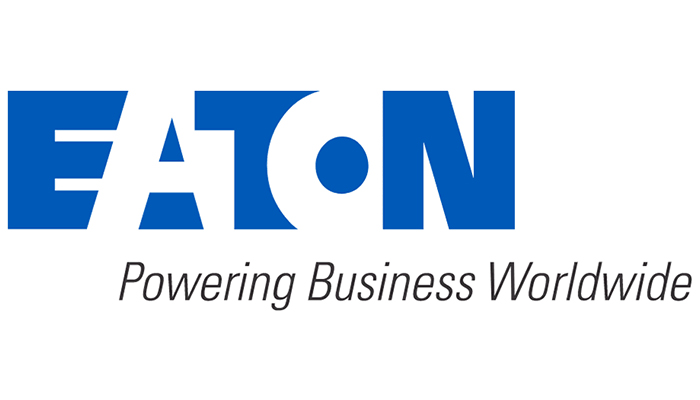
America’s century-old love affair with driving may be transitioning to an amicable acquaintance. Since 1983, the percentage of people with a driver’s license has steadily decreased among 16 to 44 year olds. At the same time, reliance on public transportation and ridesharing services are on the rise. As more Americans steer away from the driver’s seat and new products such as usage-based insurance (UBI) gain traction, consumers should rethink their auto insurance options. The new DriveCheck assessment from the National Association of Insurance Commissioners (NAIC) helps consumers determine if UBI may fit their driving habits.
“Exciting transformations in mobility, including ridesharing, increased use of public transportation and self-driving vehicles mean consumer driving habits are and will continue to change,” said NAIC President and Wisconsin Insurance Commissioner Ted Nickel. “New insurance products may be an option for some drivers whose habits have shifted. That’s why the NAIC created DriveCheck. The simple online assessment helps consumers understand how UBI works and determine if it’s a good fit for their driving behaviors.”
Driving Decline
Carrying no driver’s license has been prominent among millennials and members of Generation Z for years. Once the ultimate mark of adulthood, only 69 percent of 19-year-olds had a driver’s license in 2014, compared with almost 90 percent in 1983. This trend is gaining traction in middle-aged adults, as fewer choose to renew.
Drivers cite cost of insurance and availability of alternate options — including ridesharing services — as key factors when deciding to forgo driving. In fact, a recent survey revealed that 10 percent of Americans who trade in cars are not purchasing new ones and instead opt to use ridesharing services.
Ridesharing is especially common in the business community, as rides with Uber and Lyft rose to 46 percent of all ground transportation during business trips, overtaking both taxis and rental cars in popularity. The ridesharing industry expects 13 percent growth in 2017.
Insurance Impact
As mobility preferences shift, consumers should re-evaluate their auto insurance needs and options. One consideration is UBI. UBI examines driving habits (miles driven, speed, time of day and other factors) to determine insurance costs. Less than half of Americans are aware of UBI as an option and only about 6 percent are using the product. Yet, when offered UBI as an option, half of American drivers make the switch, according to NAIC.
Check Out DriveCheck
Insure U’s new DriveCheck tool takes consumers through a few quick questions about driving habits while providing more information about how UBI works. At the end, users receive an assessment of the likelihood they will benefit from UBI.
Consumers then should discuss usage-based insurance with their insurance agent. If a provider doesn’t offer UBI, chances are they will in the future. Consumers interested in UBI can shop around to find an insurance company who can answer questions and provide a quote.










